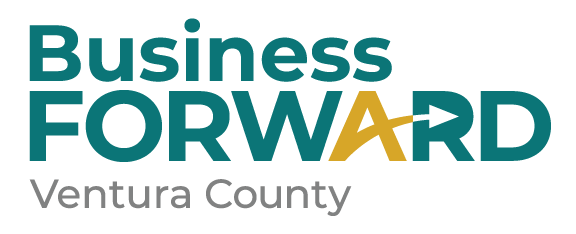
10 Tips to Ensure a Smooth Employee Onboarding Process
Per the Bureau of Labor Statistics (BLS), the annual employee turnover rate in the U.S. in 2020 was 57.3%. The reasons behind this high number include the COVID-19 pandemic, poor benefits packages, limited growth opportunities, lack of motivation, and lack of job flexibility. Nonetheless, the good news is that effective onboarding programs can greatly help retain and engage top talent in your company, according to the Society of Human Resource Management (SHRM).
Keeping this in mind, here are 10 useful tips for onboarding remote employees.
- Send Welcome Gifts
Sending welcome gifts is one of the simplest ways to show someone how much they mean to you. Welcome gifts help create a warm environment for new employees, making them feel like they’re already part of the team.
- Invest in the Right Technology
To implement an effective remote work strategy in your business, you need to invest in the right technology. Additionally, you should ensure your employees know how to use the technology. For instance, if your business uses a key piece of software, you should create a training program to teach your new hires about the software, including how to use it. If the software requires regular updates, the training should be an ongoing process that includes all employees.
- Set up Employees for Success
According to the Harvard Business Review (HBR), the onboarding process is vital to the success of a new hire. With this in mind, ensure your new hires have access to everything they need to succeed, including information, support, technology, and business relationships.
- Share Essential Documents and Information
Your company’s mission and vision statements can have a significant impact on your employees’ performance at the workplace. It is worth noting that your new hires should also be familiar with this information for an effective transition. As such, ensure you share the necessary documents and clearly outline what you expect from your new workers.
- Be Welcoming
New employees are likely to stay motivated and productive if they feel welcomed. You can welcome them by organizing special events dedicated to them, asking if they need anything, and addressing their concerns. You also need to provide the right tools needed for their jobs, including computers, stationery, and workspaces.
- Avoid Information Overload
While your employees should know all the important details about your business, you should not overload them with information because this can have a negative effect on their mental health. Therefore, when onboarding remote employees, you should avoid bombarding them with information. For instance, your employee doesn’t have to know all your company policies, marketing strategies, work culture, and the names of all the board members in the first onboarding session. Instead, you should share the most important details during the first day and the other details over the next couple of weeks. To help new employees and retain information, provide them with reference materials such as written documents.
- Schedule Regular Check-ins
Regardless of how well you welcome your new hires, there’s no guarantee that they will transition smoothly and fit in quickly. Worse still, remote workers may face tough mental hurdles due to the loneliness that comes with working from home. Regular check-ins can give you an idea of how your new employees are faring.
- Create a Mentorship Program for New Hires
To help new hires integrate into your organization, create a mentorship program for new employees. Through adequate mentorship, your new hires will have access to information, support, and the direction needed to deliver their roles perfectly.
- Don’t Forgo Traditions
Strong company culture can help attract top talent, improve customer service, enhance employee morale and build a strong brand identity. Therefore, during the onboarding process, make sure to introduce your new hires to all of the elements of your organization’s culture and traditions. Remember to show them how important the traditions are in achieving the company’s objectives.
- Ask for Feedback
You should regularly evaluate your onboarding process in order to identify possible areas of improvement. To this end, always ask for feedback from remote employees who have gone through the process.
For a successful remote employee onboarding process, follow the tips discussed in this article. Do you need professional help to build your company from the ground up? At Business Forward Ventura County, we provide extensive resources to help nurture business ideas and start-ups. Contact us today for help taking your business plan to the next level.
What can we help you find?
More News from Business Forward
eNews Signup
Stay up to date on new developments, business opportunities and resources.
